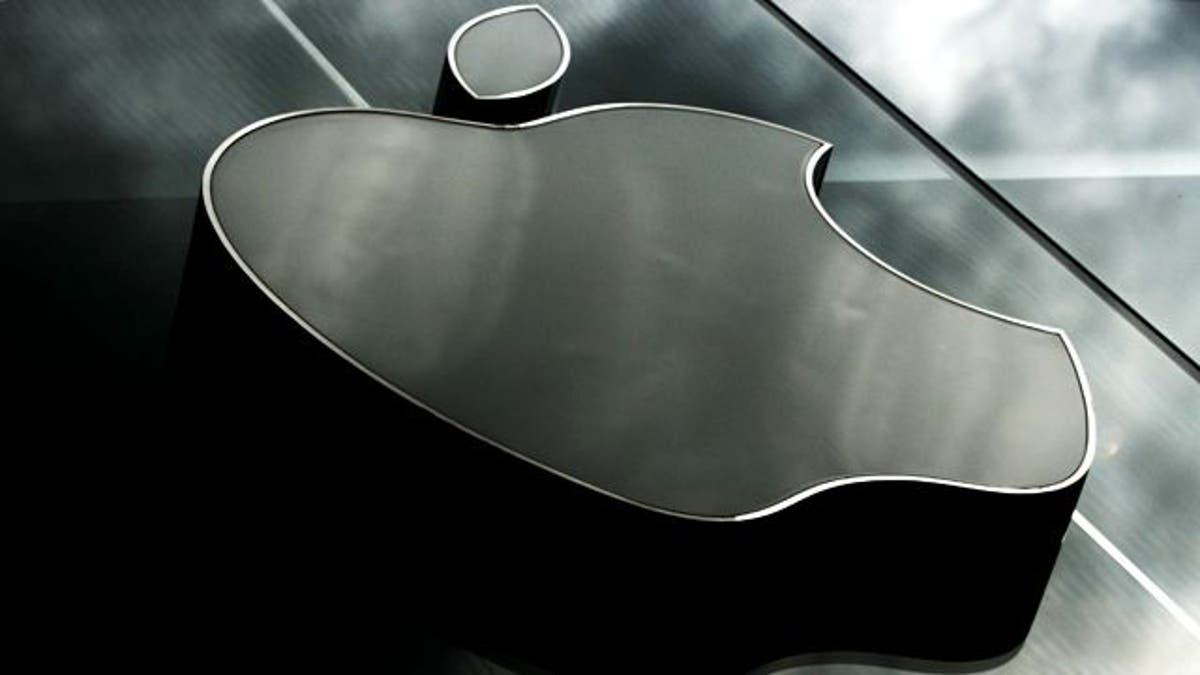
NEW YORK – Apple shook up its executive ranks Monday, saying the head of its store operations is leaving after just six months on the job and the long-serving head of its iPhone software development operations is exiting next year.
Apple didn't say why retail senior vice president John Browett and iOS software SVP Scott Forstall were leaving, but both have presided over missteps this year.
Browett cut staffing hours at Apple's retail stores, a move the company reversed and acknowledged as a mistake. Forstall's division launched a software update in September that replaced Google Maps with Apple's first mapping application. It quickly drew unfavorable comparisons to the software it was replacing, and Apple apologized.
[sidebar]
Browett's departure is immediate, and the company is looking for a replacement. Forstall will act as an advisor to CEO Tim Cook until he leaves, Apple said. His responsibilities will be divided among other Apple veterans.
Forstall joined Apple in 1997 with the company's purchase of Steve Jobs' NeXT startup. Apple credits him as one of the original architects of Mac OS X.
Craig Federighi, who is now in charge of the Mac OS, will add iOS development to his responsibilities, Apple said, but Jony Ive, the chief designer behind the distinctive look of Apple hardware, will take responsibility for the look and feel of Apple's software.
Eddy Cue, head of Apple's online services and iTunes, will assume responsibility for Maps and Siri, the "virtual assistant" application on the iPhone and iPad.
Browett took over the store operations after Ron Johnson, who helped create the Apple stores, left to become CEO at J.C. Penney Co. in November.
Apple has more than 360 stores, and they're unique in several ways. They sell more per square foot than any other chain in the U.S., yet they account for just 12 percent of Apple's overall sales. They're ambassadors of Apple's brand, and provide customers with an easy way to access in-person technical support.
At the time Browett was appointed, commentators wondered what an executive from a traditional retail operation would bring to Apple. Browett's move to cut staffing appeared to be motivated by a desire to improve profits, but Apple divisions don't have their own profit-and-loss accounts; they're supposed to support the company as a whole.








































